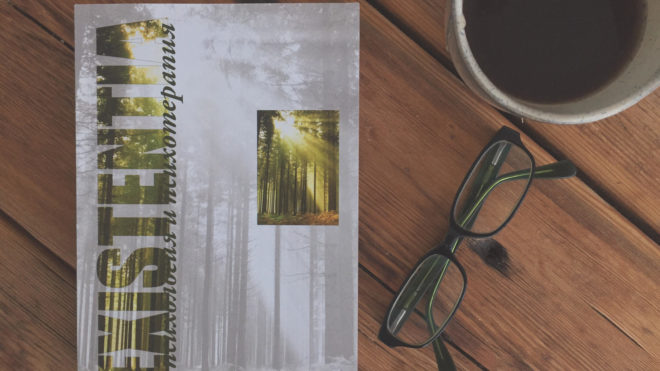Simon du Plock (Great Britain). Everyday Therapy: Putting Wonderment Back into Our Daily Lives
This article is about what can be called ‘Everyday Therapy’. It suggests a number of things, including the increasing democratization of psychological health care in the UK, the growth of phenomena such as ‘mindfulness’, Dr Kirk Schneider’s concept of ‘awe-based therapy’, and especially my own interactions with therapy clients and with clinical supervisees.
All these have prompted me to reflect on less grandiose, more mundane ways to talk about and practice therapy. we need to take on board more fully what it might actually mean to attend to the whole person, both psyche and soma in indissoluble union, in a fellow-traveller rather than a top-down, expert-to-patient way. ‘Therapy’, not ‘psychotherapy’, is surely the accurate descriptor for this.
I have started to think about the value of ‘wonderment’, as against ‘awe’, and I have even begun to question the notion of ‘therapy’ and to think about whether something more akin to ‘self-care’ might have a place. After all, we readily talk about self-care in supervision with qualified therapists – so perhaps it is not so great a stretch to apply this kind of thinking to clients, too.
The idea has been suggested by the assertion of Mearns and Cooper in their 2005 text Working at Relational Depth that client’s experience trauma as meaningful, and often simultaneously as both hugely negative and as the point in their life when they felt most alive. In such situations, a therapist as a fellow-traveller can help the client to surface their subjective meaning in such situations, in ways that an ‘expert’ carer cannot. It’s that familiar Heideggerian distinction, isn’t it, between ‘leaping-in’ (Einspringen) and ‘leaping-ahead-of’ (Vorspringen).
In ‘leaping-ahead-of the client we model the act of curiosity – and the client, on noticing our genuine curiosity about their ‘self’, may in turn begin to take their self seriously.
The rediscovery of wonderment, for both children and adults, is not just the task of therapy and therapists. Wonderment does not preclude the spiritual, but holistically encompasses mind, body and spirit. If indeed we increasingly lack the ability to experience wonderment, I would like to suggest ways of promoting it, of reminding ourselves how we can be more fully human and more aware of our existential being.
These owe more to the roots of existential therapy in philosophy than to a narrowly defined psychology. In their apparent simplicity and ready availability, they may help us to revise therapy in increasingly democratic ways. They may help people in identifying effects of the worst excesses of consumerism and materialism, and support them in their efforts to find affordable ways to help themselves counter some of the more toxic aspects of contemporary life – thereby gaining a sense of mastery and agency, where there was previously a sense of helplessness or passivity.
I want to introduce some ideas of an eccentric nature. By ‘eccentric’ I refer to the etymological sense of being ‘outside the centre’, being marginal or liminal. I find, as a practitioner, that this eccentric perspective – the stance which asks not ‘why’, but ‘why not?’ – often assists clients in their pursuit of clarity about their own way of being in the world. A liminal position enables us to throw light onto different parts of the client’s world, while a central position, I would argue, tends to reinforce the normative, the status quo, sedimenting the client’s sense of being in some way marginal or mistaken in their worldview, rather than allowing it to simply come into focus as fully as possible.
The principal means of facilitating wonder that are singled out in the article form a single word:
Writing
Observing
Nature
Dialogue
Exercise
Reading
Only some of the means facilitating wonder are mentioned here: there is more than can be reduced to gardening, drawing, dancing, singing and music…
But I would stress that the specific activity is less important than the attitude of openness and attentiveness it nurtures in our way of being in the world, and the extent to which it can act as an aid to wonderment and self-care, and, in turn, promote Everyday Therapy as part of the quotidian world. As an everyday, inexpensive, democratic, self-nurturing aid to self-care.

